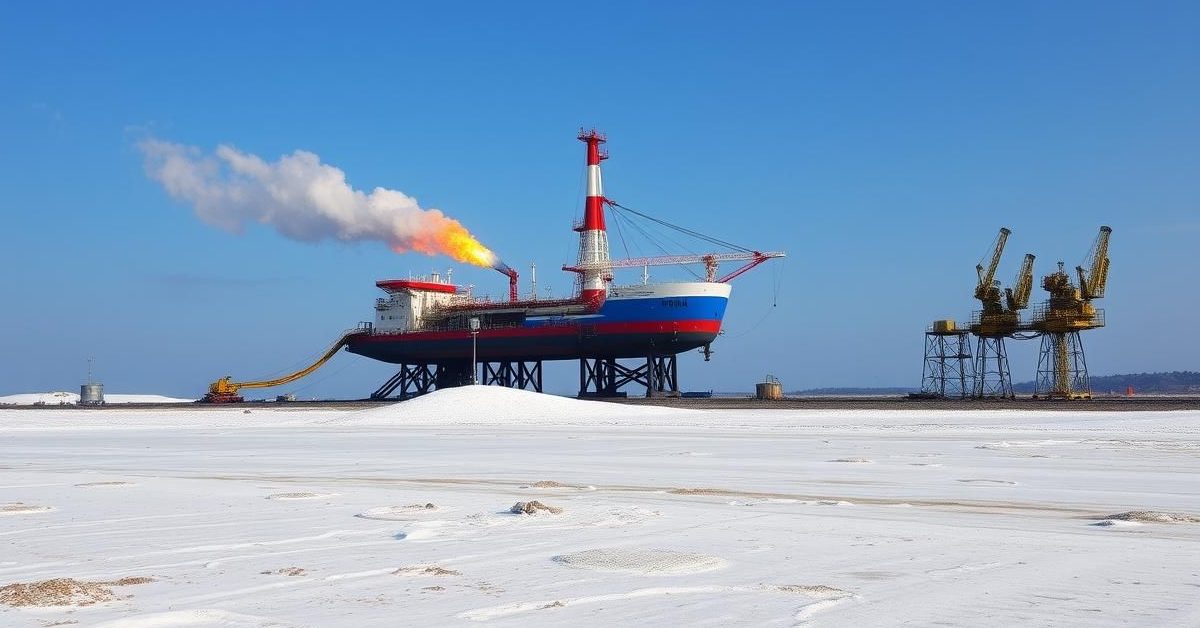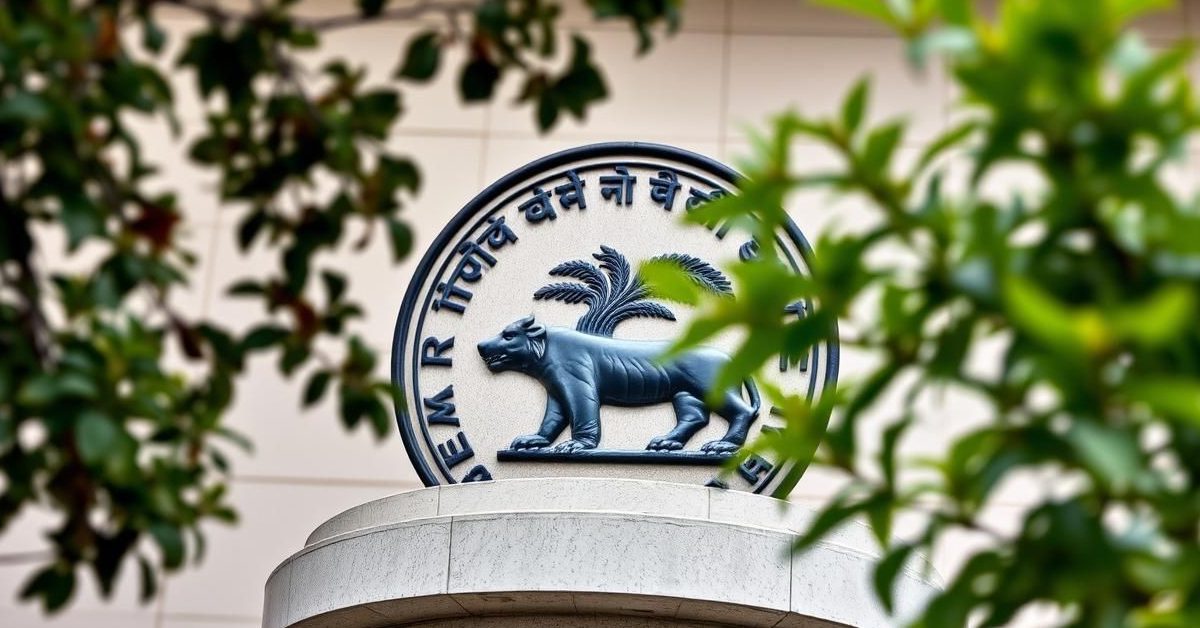India’s significant imports of discounted Russian oil are facing renewed and aggressive scrutiny from Western powers, with former US President Donald Trump announcing new tariffs and penalties.
New Pressure on India’s Russian Oil Imports
The West is stepping up efforts to curb Russia’s oil revenues, putting countries like India under increasing pressure. Recently, Donald Trump announced a 25 percent tariff on Indian goods, set to begin August 1st.
He also threatened an unspecified “penalty” specifically for India’s defense and oil imports from Russia. This move comes as the three-year-old Russia-Ukraine war continues, and Trump aims for a swift resolution.
Earlier in July, the European Union rolled out its own comprehensive sanctions package. This included a ban on importing fuels into Europe if they are made from Russian oil in third countries, such as India.
The EU also sanctioned Nayara Energy, a Rosneft-backed Indian refiner. These actions highlight a concerted Western push to reduce Russia’s financial resources and pressure an end to the conflict.
Why India Buys Russian Oil
India has consistently defended its increased purchases of Russian crude, citing its critical energy needs. The nation relies on imports for about 88 percent of its crude oil requirements, and Russia has been its primary supplier for nearly three years.
Indian officials emphasize their willingness to purchase oil from any source offering a good price, as long as the oil isn’t under direct sanctions. Russian oil, while subject to a price cap by G7 countries, is not technically sanctioned, and its discounted rates have been highly attractive to Indian refiners.
Assessing Trump’s Threat
The credibility and extent of Trump’s latest threats are currently being debated. Industry experts suggest it might be a strategic bargaining chip, aimed at pressuring Russia while also securing a more favorable trade deal with India.
However, the timing of the announcement, just days before the proposed tariffs kick in, means it cannot be dismissed lightly. A significant cut in Russian oil supply from India could impact global oil prices, potentially leading to a rise due to reduced availability.
The US and the global economy generally benefit from a well-supplied international oil market, making severe disruptions less desirable.
India’s Response and Future Outlook
Indian refiners are reportedly already exploring diverse crude supply sources beyond Russia. They are awaiting guidance from the Indian government on how to navigate this escalating situation.
If India does opt to reduce Russian oil imports, industry insiders expect New Delhi to negotiate a gradual wind-down period. Replacing nearly 2 million barrels per day of Russian oil overnight is impractical and would take several months.
While shifting away from Russian oil is challenging, reducing dependency on Russian military equipment poses an even greater hurdle due to long-standing ties. This complex scenario sets a difficult task for India’s trade negotiators.
Russia’s Rise as India’s Top Supplier
Prior to Russia’s invasion of Ukraine in February 2022, Russia’s share in India’s oil imports was less than 2 percent. However, as Western countries shunned Russian crude, India quickly capitalized on the discounted prices offered by Moscow.
This strategic move catapulted Russia to become India’s largest source of crude oil, displacing traditional West Asian suppliers. In the financial year 2024-25, oil imports from Russia stood at 87.4 million tonnes, accounting for nearly 36 percent of India’s total oil imports.
In June, Russian crude represented a significant 43.2 percent of India’s total oil imports, marking an 11-month high. This volume surpassed the combined imports from Iraq, Saudi Arabia, and the United Arab Emirates.
- Donald Trump announced a 25% tariff on Indian goods and unspecified penalties for India’s Russian oil and defense imports.
- The EU also sanctioned Russian oil-linked entities and banned fuels made from Russian oil in third countries.
- India maintains its right to buy discounted Russian oil, citing critical energy needs and arguing the oil isn’t directly sanctioned.
- Experts debate if Trump’s threat is a serious tariff or a bargaining chip in trade negotiations.
- Indian refiners are exploring alternative oil sources, but quickly replacing large volumes of Russian oil would be challenging.
As trade negotiations between India and the US continue, the coming weeks will reveal the true impact of these pressures on India’s energy strategy.














